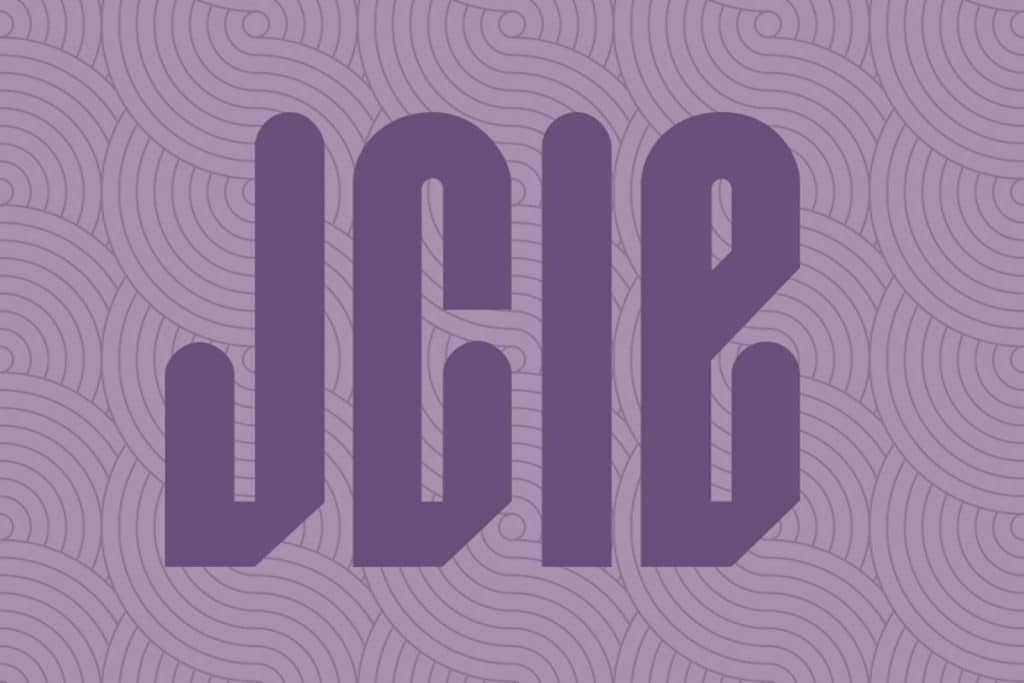The year 2011 marks the 50th anniversary of Japan’s achievement of universal health insurance coverage. But, as the population continues to age rapidly in Japan, there is an urgent need to understand the strengths and weaknesses of Japan’s health system in order to build a new system that takes a practical, long-term perspective. By 2030, most countries around the world—with the exception of countries in Africa and parts of South Asia—will have to deal with the challenges of aging societies. The eyes of the world will be on Japan, the healthiest country in the world, as it attempts to reform its system of universal healthcare to deal with the challenges of its aging society. Meanwhile, the World Health Organization is taking up the goal of universal coverage as part of health system strengthening efforts in developing countries as a central theme in its World Health Report 2010.
In partnership with renowned international medical journal, the Lancet, and the Asahi Shimbun, one of Japan’s leading newspapers, JCIE organized an international symposium on September 1, 2010, to explore these issues and to discuss preliminary findings of analysis on Japan’s health system that is being carried out in preparation for the September 2011 publication of a Lancet special series on Japan, “Examining Japan’s Healthcare in the 21st Century: Toward a New National Health Insurance System.” Experts on medical and health systems from around the world gathered at the symposium to examine the future of Japan’s health system, focusing on (1) health policymaking during a time of political change, (2) questions of service provision and responsibility in the face of budget deficits and an aging population, and (3) the role of local-level actors in guaranteeing access to quality treatment and care.
In addition, the symposium explored strategies for implementing health-related activities as a part of Japanese foreign policy. By mobilizing Japan’s strengths in this field, there is potential for making valuable contributions to the dialogue on universal coverage and aging societies as well as exploring ways to build Japanese domestic support for the promotion of health diplomacy and its potential to strengthen Japan’s soft power. As part of this effort, the symposium provided a platform for discussions concerning systems for social safety nets, universal coverage, and aging populations both in Japan and in the international context.
Opening Session
Moderator: Tadashi Yamamoto, President, Japan Center for International Exchange (JCIE)
Remarks
Shinya Adachi, Parliamentary Secretary of Health, Labour and Welfare
Overview
Keizo Takemi, Senior Fellow, JCIE
Keynote Speech: “Principles of Health Care Reform”
Harvey Fineberg, President, Institute of Medicine, USA
Session 1: New Governance for Evidence-Based Health Policymaking
Moderator: Richard Horton, Editor-in-Chief, the Lancet, UKPresentations:
Hiroya Ogata, Professor, Department of Health Care Administration and Management, Graduate School of Medical Sciences, Kyushu University
Shunsuke Watanabe, Professor, Tokyo Women’s Medical College; former Editorial Writer, Nikkei Newspaper
Comments:
Christopher Murray, Director, Institute for Health Metrics and Evaluation and Professor, University of Washington, USA
Michael Reich, Taro Takemi Professor of International Health Policy, and Director, Takemi Program in International Health, Harvard School of Public Health, USA
Session 2: Sustaining Universal Coverage and Sound Financing with an Aging Population
Moderator: Michael Reich, Professor, Department of Global Health and Population, Harvard School of Public Health, USA
Presentations:
Naoki Ikegami, Professor and Chair, Department of Health Policy and Management, School of Medicine, Keio University
Takashi Oshio, Professor, Institute of Economic Research, Hitotsubashi University
Comments:
Bong-min Yang, Professor of Economics and Executive Director, Institute of Health and Environment, Seoul National University, Korea
Tung-liang Chiang, Professor and Dean, College of Public Health, Taiwan University
David Evans, Director, Department of Health Systems Financing, World Health Organization
Session 3: Future of Community Health: Quality, Equity, and Human Resources
Moderator: Harvey Fineberg
Presentations:
Hideki Hashimoto, Professor, Department of Health Economics and Epidemiology Research, School of Public Health, University of Tokyo
Katsunori Kondo, Professor, Nihon Fukushi University
Nobutaro Ban, Professor and Chair, Department of General Medicine, Nagoya University
Comments:
Sudhir Anand, Professor of Economics, Oxford University, UK; Visiting Professor, Harvard Medical School, USA
Jose M. Acuin, Director, Medical Quality Improvement Office, Medical City; Professor, Department of Otorhinolaryngology – Head and Neck Surgery, De La Salle Health Sciences Institute, De La Salle University Medical Center, Philippines
Session 4: Japan’s Global Health Strategy
Moderator: Lincoln Chen, President, China Medical Board, USA
Presentations:
Kenji Shibuya, Professor and Chair, Department of Global Health Policy, University of Tokyo
Comments:
Kiyoshi Kurokawa, Professor, National Graduate Institute for Policy Studies; Chairman, Health Policy Institute, Japan
Hajime Inoue, Executive Advisor, Department of Health and Welfare, Chiba Prefecture
Suwit Wibulpolprasert, Senior Advisor, Ministry of Public Health, Thailand
Concluding Remarks
Richard Horton, Editor-in-Chief, the Lancet, UK



